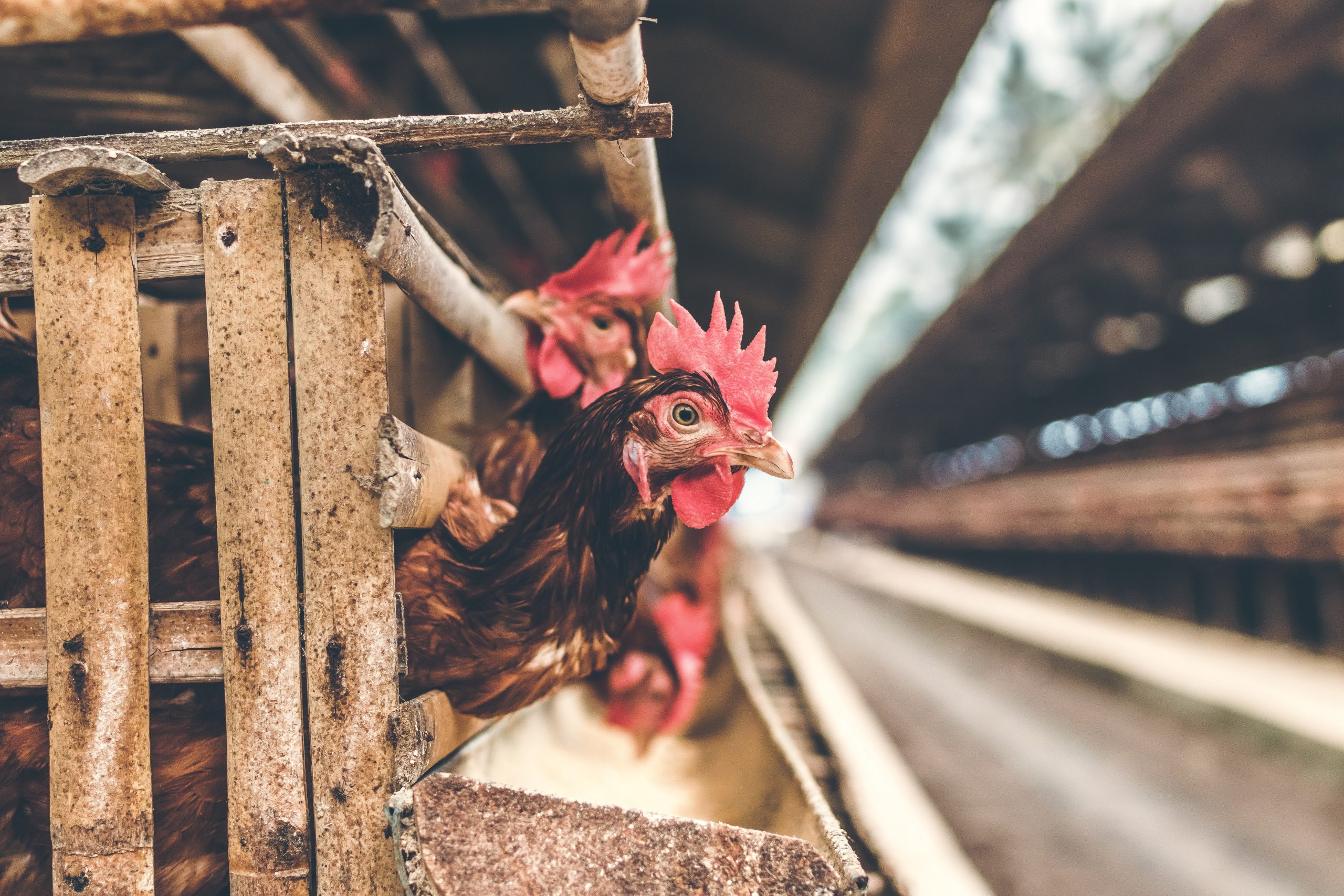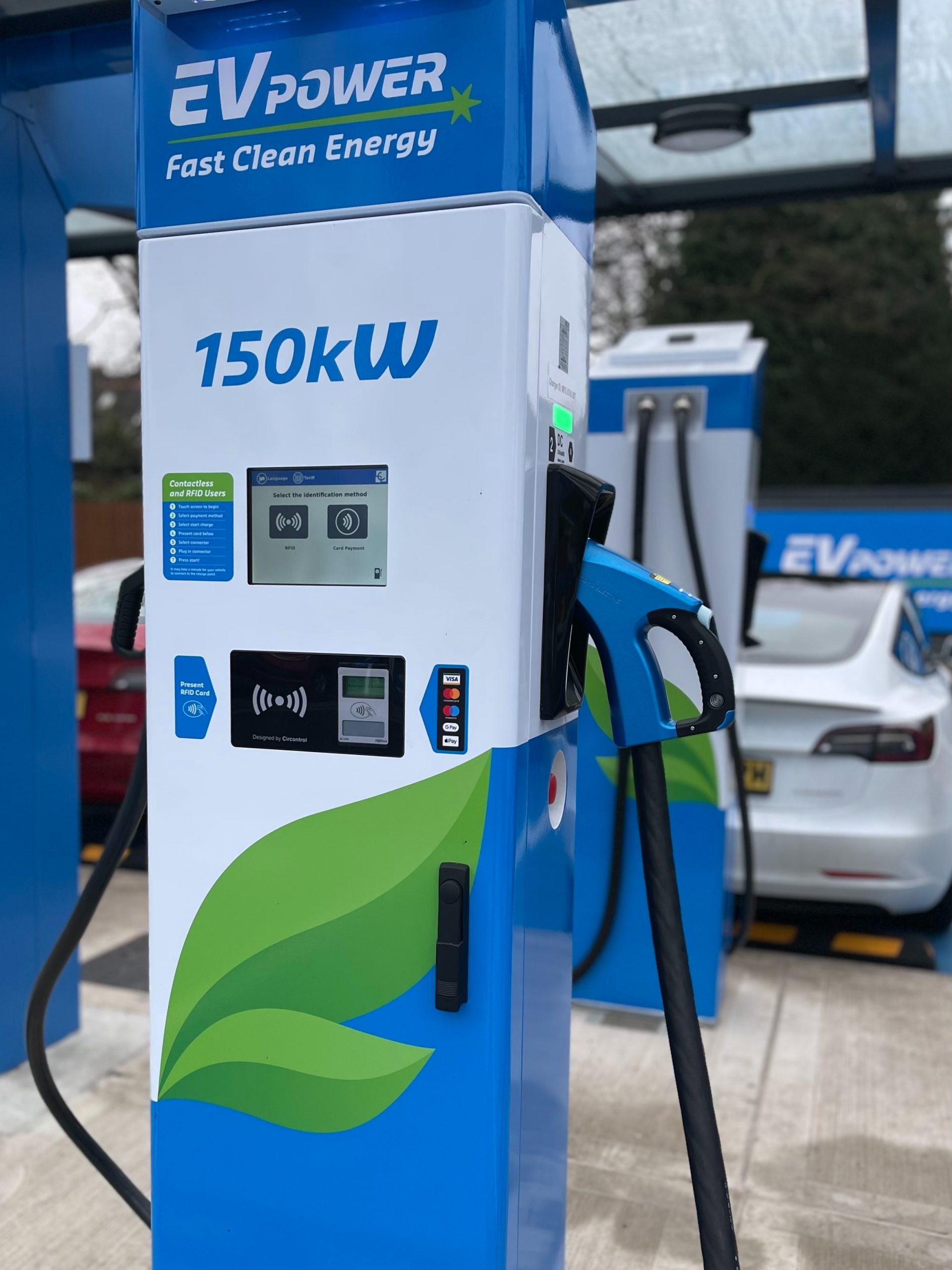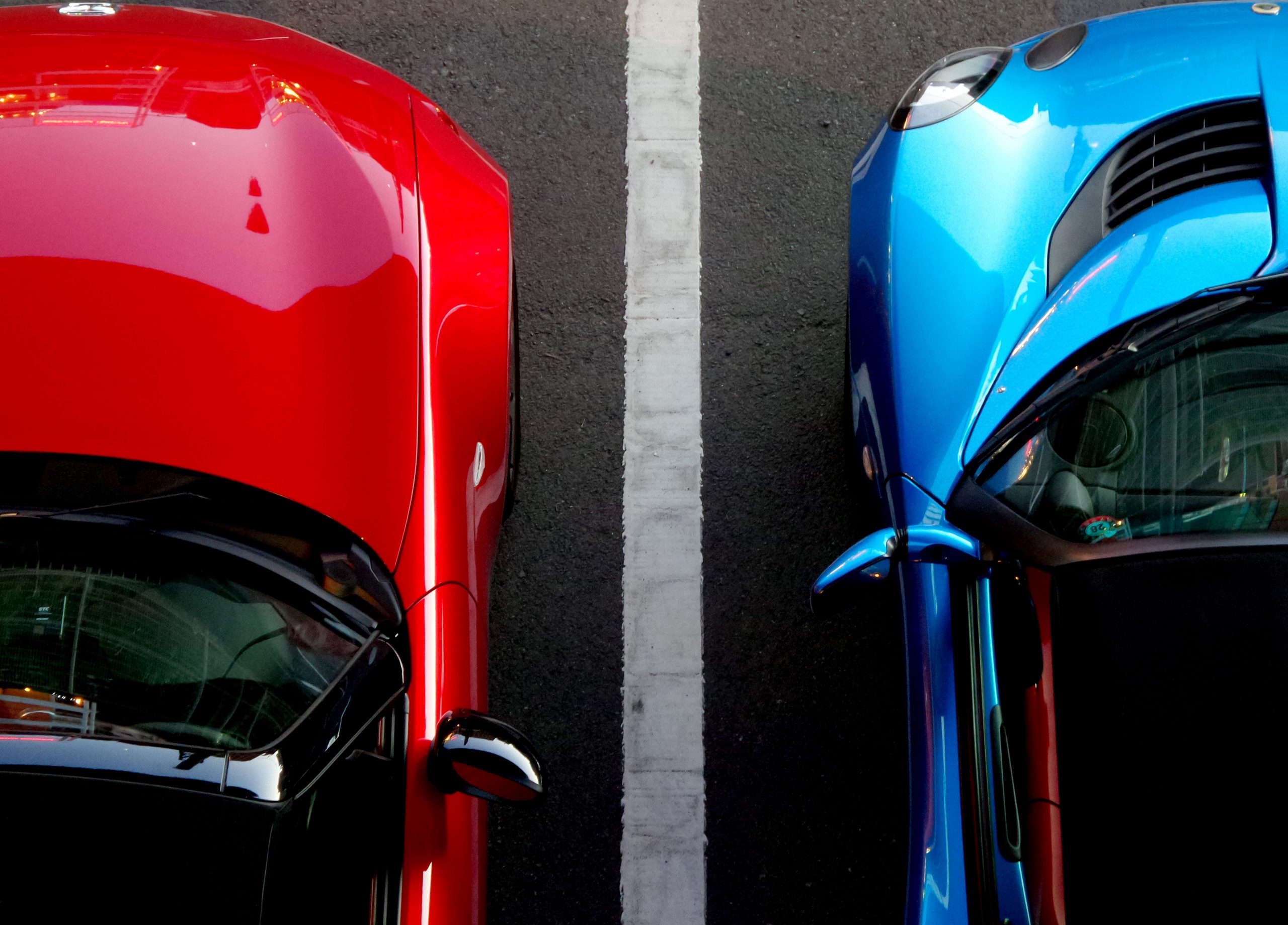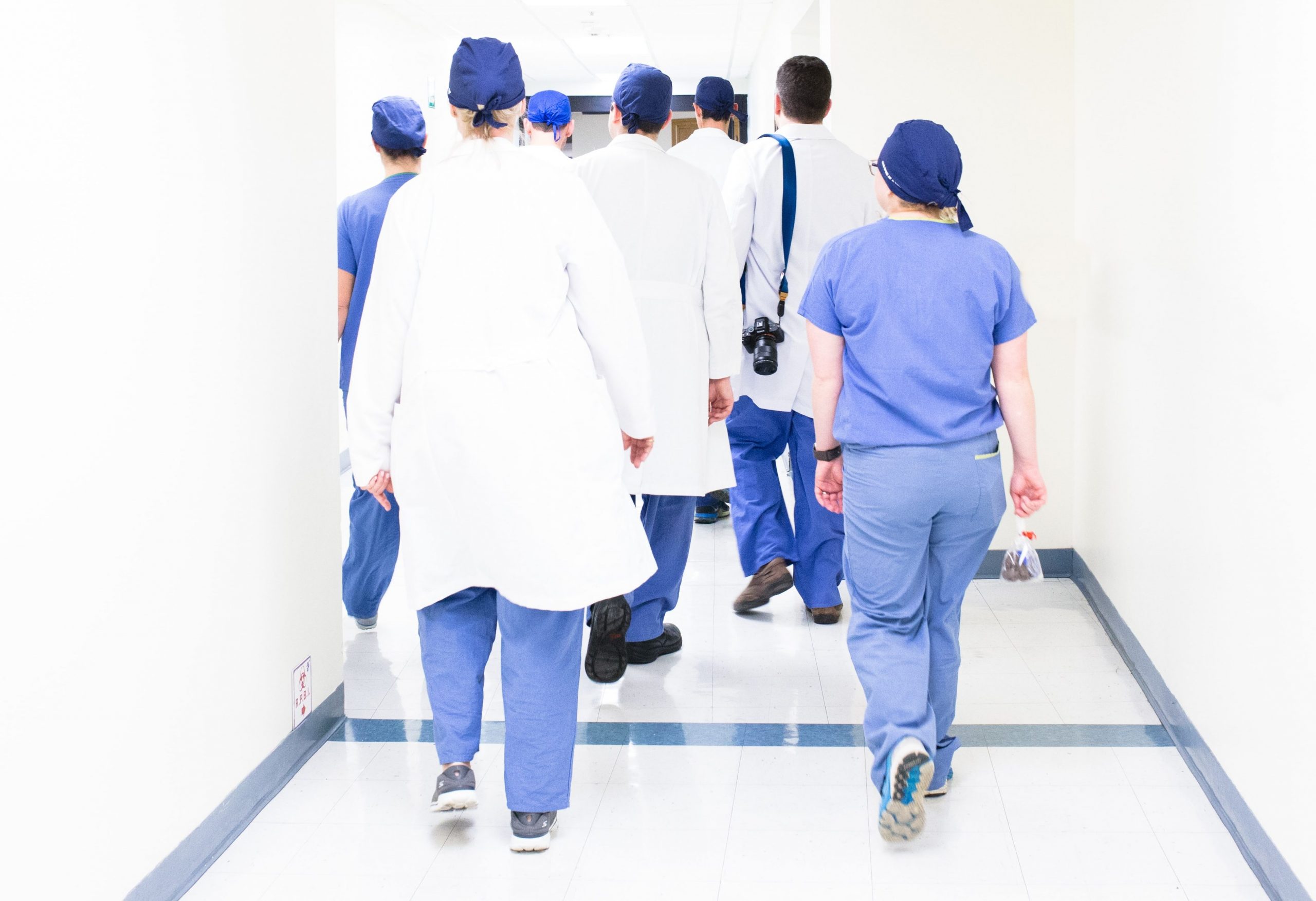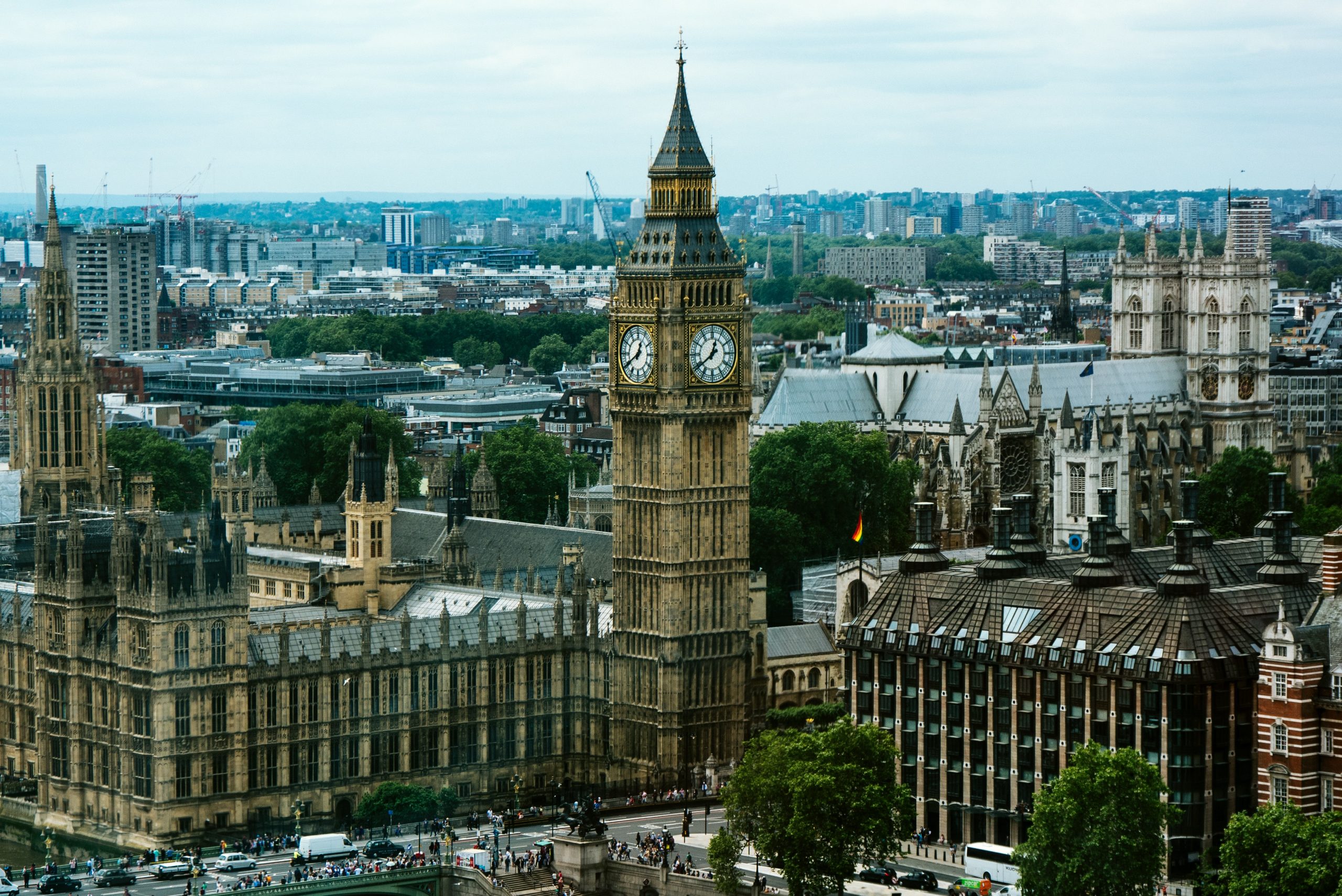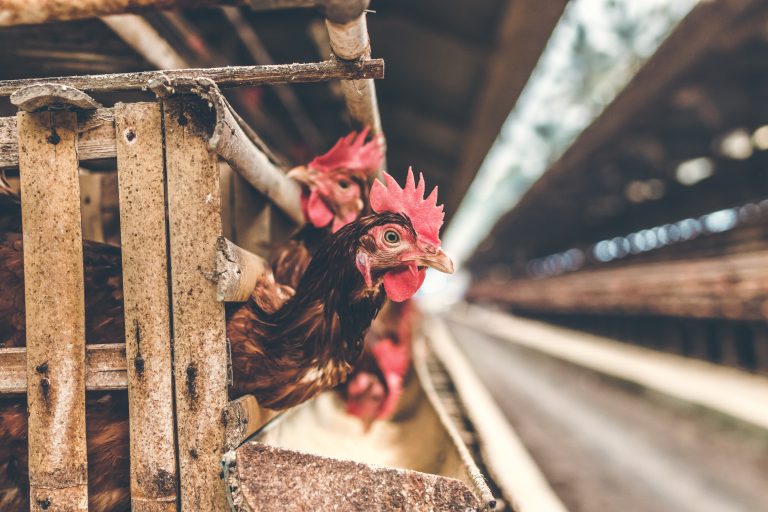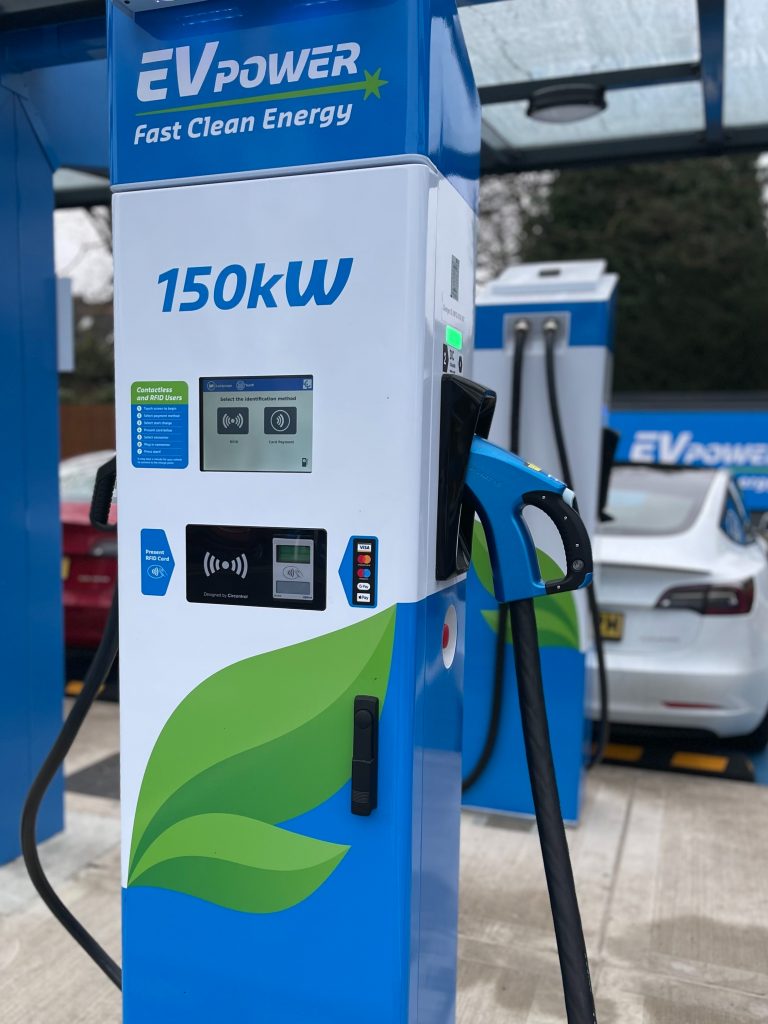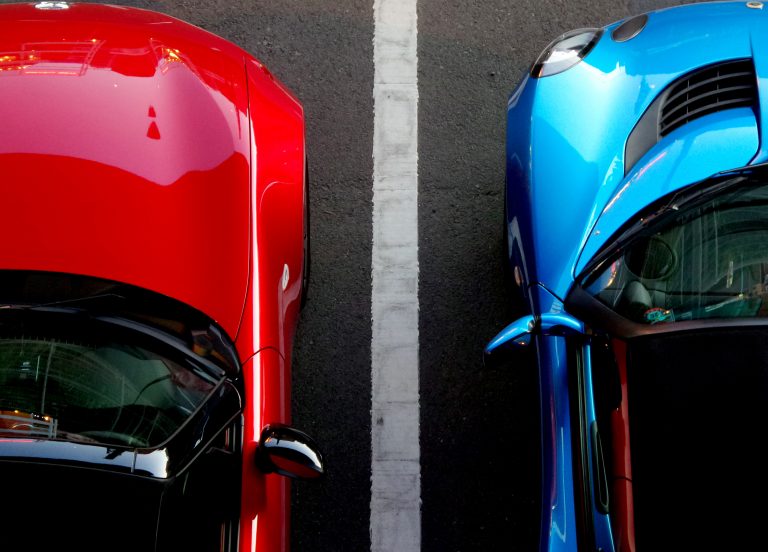The Link Between Global Warming and a Jittery Coffee Market
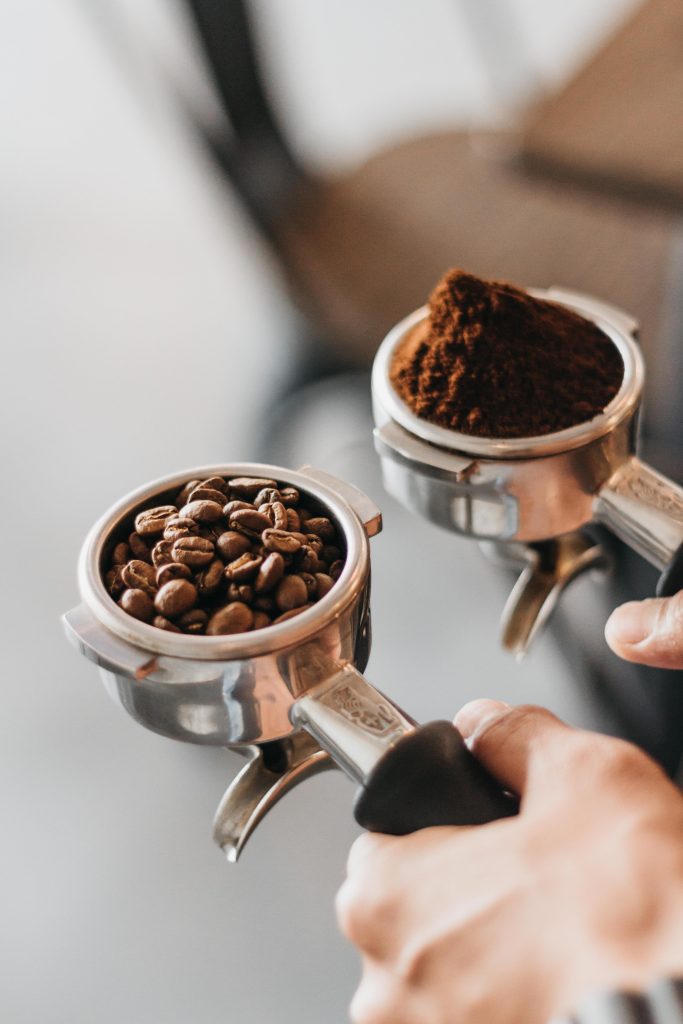
Use this link to view a 5 minute video “Your Coffee Is Getting More Expensive Due to Bad Weather in Brazil” from WSJ.com
If you’re like many coffee drinkers, you probably don’t think about global warming when you’re paying for your latte. However, as climate change continues to negatively impact the ability of coffee growers to produce a successful crop, the global market for coffee beans is getting jittery. Indeed, American coffee drinkers may already be experiencing sticker shock at the supermarket where coffee prices are rising thanks to extreme weather patterns in Brazil. The country is central to the global coffee market, growing more beans than any other country in the world. The United States relies on Brazilian coffee bean exports for about one third of all coffee consumed in the country. Unfortunately for U.S. coffee drinkers, unusually cold temperatures in July and August devastated Brazil’s Arabica crop, hitting one of the most important growing areas in the country. Industry experts anticipate that it will take years to recover from the destruction as not only did the cold destroy the current crop, it also significantly damaged adult trees already weak from drought conditions, as well as killing younger trees. Barring more bad weather or some other misfortune, next year’s harvest will be about 10 percent smaller, an amount equal to 20 percent of what the United States usually buys from Brazil.
Already, prices of Arabica beans have risen to six-year highs, and limited supplies could cause prices to rise further. While companies like Starbucks, which buys its coffee a year in advance, are unlikely to be affected by the rising prices for now, small and mid-sized companies are already feeling the effects of the reduced harvest. Coffee drinkers who prefer to brew their own cup of joe may be feeling a jolt too as supermarkets selling bulk coffee eliminate normal discounts and other regular promotions and move to raise prices instead. While the full extent of Brazil’s deep freeze on coffee supplies will not be known until next year’s crop starts to flower, it seems likely that supplies will continue to be limited, pushing prices even higher. Perhaps more unsettling though is that meteorologists predict global warming will cause more unusual weather patterns increasing the likelihood that what happened Brazil this year, could happen again, further threatening the supply of coffee going forward.
Discussion Questions:
1. Is demand for coffee price elastic or inelastic? How high can companies push prices before buyers look for substitutes? Does your response change if you consider coffee purchased at a coffee house like Starbucks as compared to coffee purchased in a supermarket? Explain.
2. How do you think the competitive landscape for coffee will change at the retail level as a result of the damage to Brazil’s coffee trees? Why are prices at the supermarket more vulnerable than prices at coffee houses? [Hint: consider the total cost of a coffeehouse latte versus a latte made from coffee purchased at the grocery store] Will higher prices at smaller coffee houses increase the competitive dominance of Starbucks? How will higher prices at the grocery store affect demand?
3. Reflect on climate change as it relates to coffee production. Brazil’s coffee crop was already under threat because of drought conditions occurring prior to the more recent extreme cold weather event. Experts anticipate that global warming will continue to have a negative impact on coffee crops threatening future coffee supplies. What responsibility do companies like Starbucks and Folgers have to ensure that coffee is produced sustainably? Do these companies have any responsibility to lead efforts to combat climate change?
Sources: Photo by Zarak Khan on Unsplash, WSJ.com: “Your Coffee Is Getting More Expensive Due to Bad Weather in Brazil”

